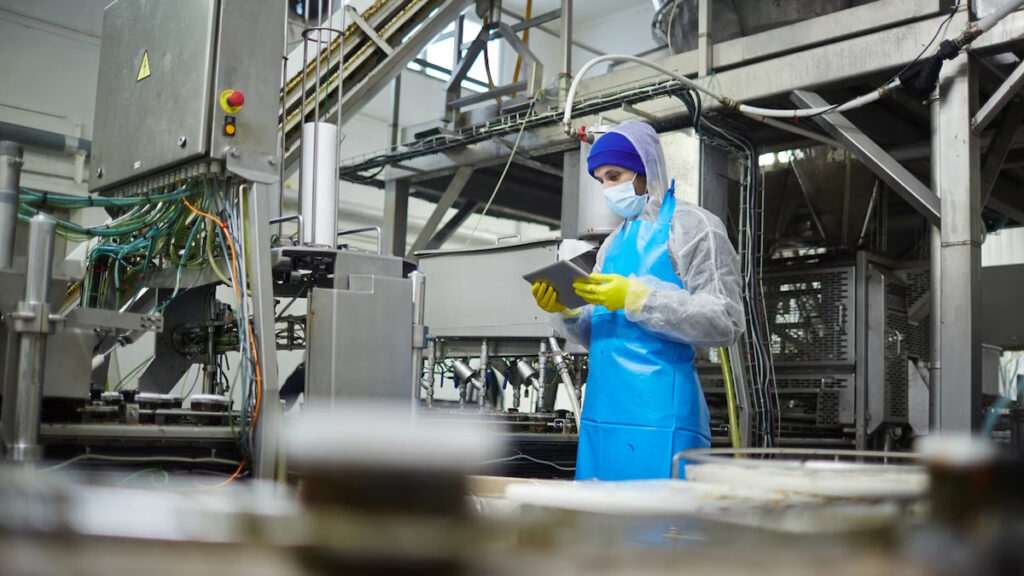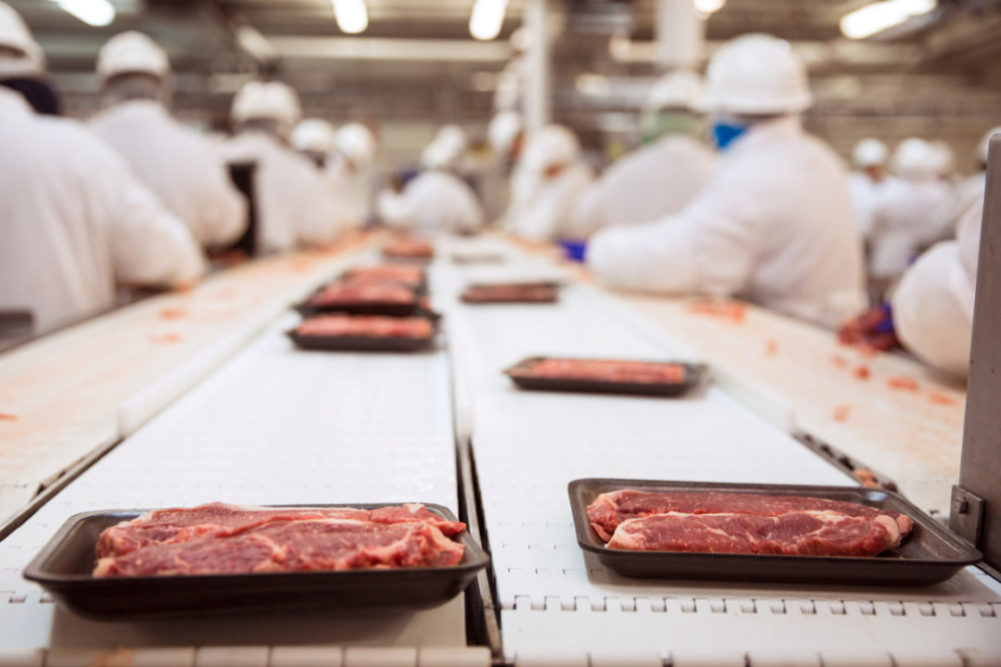Introduction:
As we navigate 2023, the food and beverage manufacturing sector is facing a myriad of challenges. From escalating operational costs due to inflation and increasing consumer health and environmental concerns, the industry is in a state of flux. Despite these obstacles, emerging brands have unique opportunities to carve their niche in the marketplace.
Challenges in the Food and Beverage Industry:
The current year presents the food and beverage manufacturing industry with significant hurdles. These challenges span from inflation-induced cost increases to consumers’ growing concerns about health and sustainability.
In contrast with the pantry-stocking days of the pandemic, today’s businesses are grappling with uncertainty due to the persistent inflation, geopolitical issues, and a looming recession. This situation has sparked discontent among consumers who are frustrated with rising prices and searching for alternatives. However, these circumstances also open doors for emerging brands in the industry.
Emerging Brands – Seizing the Opportunity:
Changes in the food and beverage industry landscape have prompted established companies to prioritize profit margins over market share. This transition has provided emerging brands with an opportunity to capture market share by accepting lower margins and catering to the increasingly price-sensitive consumer base.
Utilizing social commerce, these brands are making inroads in the food ecommerce market, which has proven to be an effective platform for competing on slim margins and expanding their customer base.
Sustainability – A Major Consideration:

In 2023, supplying sustainable, nutritious, and affordable food to a growing global population without compromising the environment is one of the industry’s most pressing challenges.
As smaller manufacturers navigate through inflation, heightened competition, and supply chain hurdles, sustainability initiatives can aid in building their market presence.
Navigating Supply Chain Disruptions:
Supply chain disruptions are a major concern for food and beverage manufacturers. Factors such as the need for intricate manufacturing methods, the increasing requirement for ingredients, and changing consumer demands result in extended and fragmented supply chains.
These challenges, coupled with the industry’s higher likelihood of incurring additional transportation and natural ingredient costs, present yet another hurdle for businesses.
Fostering Innovation and Agility:

To counter these challenges, businesses need to invest in modern tools like responsive ERP systems that offer a comprehensive understanding of their operations. Alongside this, they must foster innovation and agility to adapt to market shifts.
This approach allows them to leverage opportunities arising from changing consumer behaviors, like the trend towards ecommerce and social commerce. Advanced ERP systems, supplemented with business analytics and AI, can equip smaller companies with a competitive edge by offering better margins, enhanced trend spotting, and the ability to swiftly pivot to seize new opportunities.
Conclusion:
While the food and beverage manufacturing industry is undoubtedly confronting substantial challenges in 2023, emerging brands can seize opportunities by being innovative, agile, and responsive to market changes.
Leveraging evolving consumer trends, like the transition towards ecommerce and social commerce, and prioritizing sustainability can provide a strategic advantage. Additionally, investing in comprehensive tools to better understand business operations is a critical step towards success.
________________________
Technologies International, Inc. has been supporting food, beverage, and supplement manufacturers for over 25 years, helping them minimize production costs, enhance customer satisfaction, and boost profits. We’re proud partners with SYSPRO ERP software and are ready to discuss your business needs. Contact us at https://tech-intl.com or call us at (909)-614-1416 ext 120.
Keywords: Food and Beverage manufacturing, Emerging Brands, Food Manufacturing Challenges in 2023, Sustainability, Supply Chain Disruptions, Innovation and Responsiveness, ERP Systems, Social Commerce.


